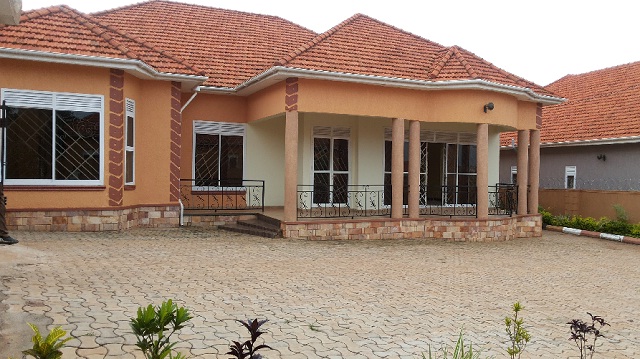
Kampala, Uganda | THE INDEPENDENT | The cost of houses in the areas of Rubaga and Kawempe experienced one of the highest increments last year, according to the Uganda Bureau of Statistics-UBOS.
In its latest residential property index release, the statistics agency said that property prices in these areas grew by 5 percent in 2019 compared to a decline of 0.6 percent in 2018. This is an indicator of the huge appetite for properties in these areas.
Kampala and Makindye divisions, which take the poshest suburbs of the city, had an increment of 6.8 percent in 2019 although it was a decline from 9.2 percent experience in 2018. Prices in Nakawa and Wakiso declined, UBOS says. Wakiso houses most of the people that work in the Kampala city.
Sam Kaisiromwe, a senior statistician at UBOS said that the index captured the prices at the buying of the house stage. UBOS does not explain the factors behind the rises.
Real estate analysts think that Kawempe and Rubaga, not being posh, still have low-cost houses that Ugandans are looking for. Ibrahim Mugera, the Director of Hedge Property Services says that Investors buying houses there can quickly get tenants.
Average rent in Rubaga and Kawempe is between 250,000 and 300,000 Shillings while the average price for buying a house in these areas is between 100 and 250 million Shillings, according to industry estimates.
Mugera added that the city authority has also upped its enforcement for property tax and this has seen landlords transfer the burden to tenants, explaining the increments at the rent side.
Makindye and Kampala divisions, that account for the upscale suburbs in the city like Naguru, Kololo, Mbuya, and Bugolobi, are still sought after prime places for many investors.
However, he said, most of the developments in these areas are a mismatch of what the market is demanding – too expensive. This explains why the occupancy is low because the middle class to take them up is thin, he said.
******
URN
 The Independent Uganda: You get the Truth we Pay the Price
The Independent Uganda: You get the Truth we Pay the Price


